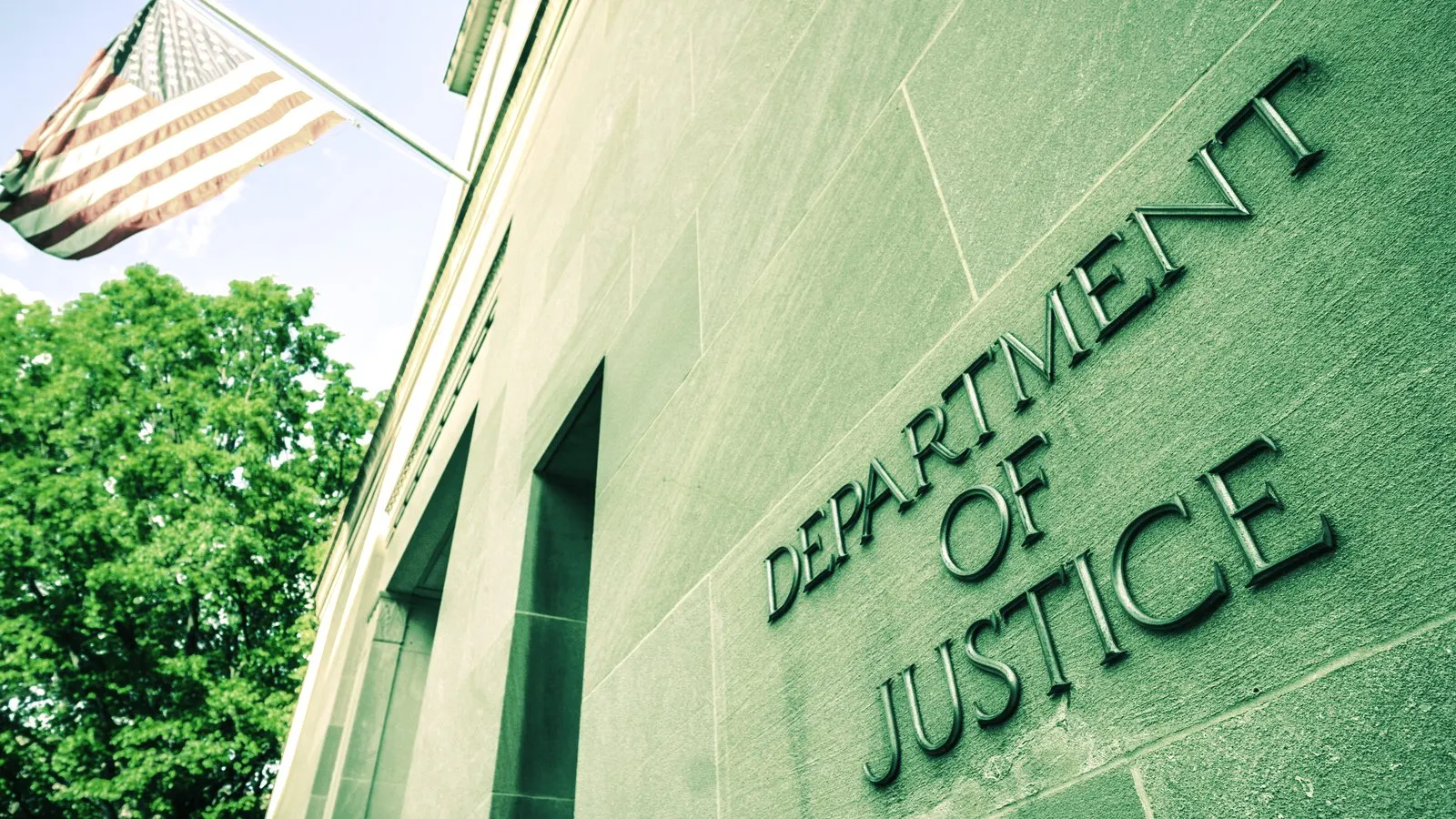Samuel Reed, one of three BitMEX co-founders including Arthur Hayes and Benjamin Delo, has pleaded guilty to violating the United States’ Bank Secrecy Act.
The BitMEX co-founder pled guilty to one count of violating the Bank Secrecy Act, which means he is now facing a maximum sentence of five years in prison.
“Samuel Reed has now joined his co-founders, Arthur Hayes and Benjamin Delo, in admitting that they caused BitMEX to commit criminal violations of the anti-money laundering laws that govern financial institutions operating in the United States,” U.S. Attorney Damian Williams said in a prepared statement.
The news comes just a few weeks after Hayes and Delo also pleaded guilty to Bank Secrecy Act violations.
“As today’s guilty plea reflects, this Office will not permit cryptocurrency exchanges to operate as a shadow financial system that enables criminal actors to move their illicit proceeds without detection, and will vigorously investigate and prosecute the operators of such exchanges who deliberately flout U.S. law,” said Williams.
Continued crackdown of BitMEX
Today’s news builds on a February press release published by the Department of Justice (DoJ), which said Hayes and Delo willfully failed to “establish and maintain an anti-money laundering program at BitMEX.”
According to today’s DoJ press release—which references the Reed Indictment, court filings and statements made in court—Reed was one of three co-founders during a time when BitMEX had U.S.-based operations and served thousands of U.S. customers.
This, however, occurred “notwithstanding false representations to the contrary by the company,” the DoJ said.
“Reed willfully caused BitMEX to fail to establish and maintain an AML program, including a program for verifying the identity of BitMEX’s customers,” the press release continues. This, in turn, resulted in BitMEX becoming “in effect a money laundering platform.”
The DoJ also highlighted that in May 2018, Reed was notified of allegations that BitMEX was being used to launder the proceeds of a cryptocurrency-related hack. Neither Reed—nor BitMEX—filed a suspicious activity report thereafter.
What’s more, Reed also “knew that BitMEX’s purported withdrawal from the U.S. market in or about September 2015 was a sham,” the DoJ added.

